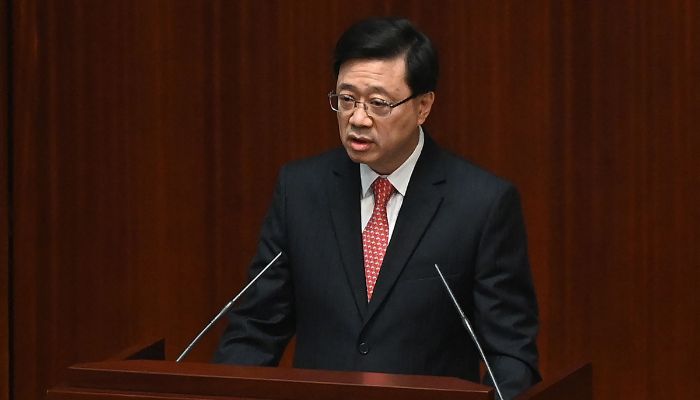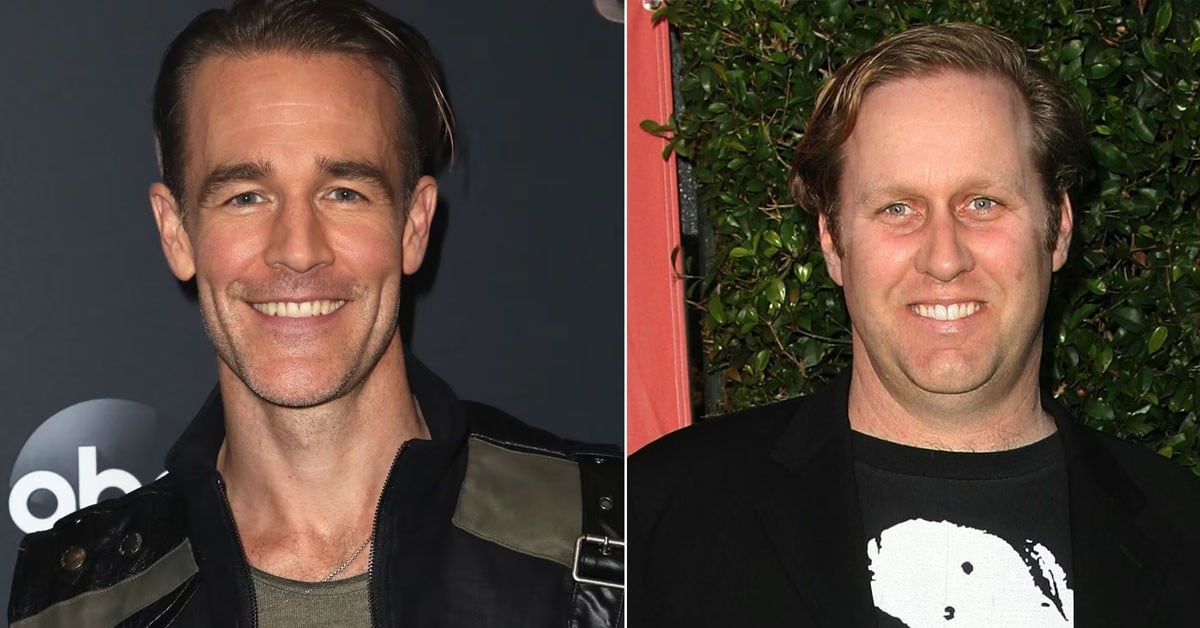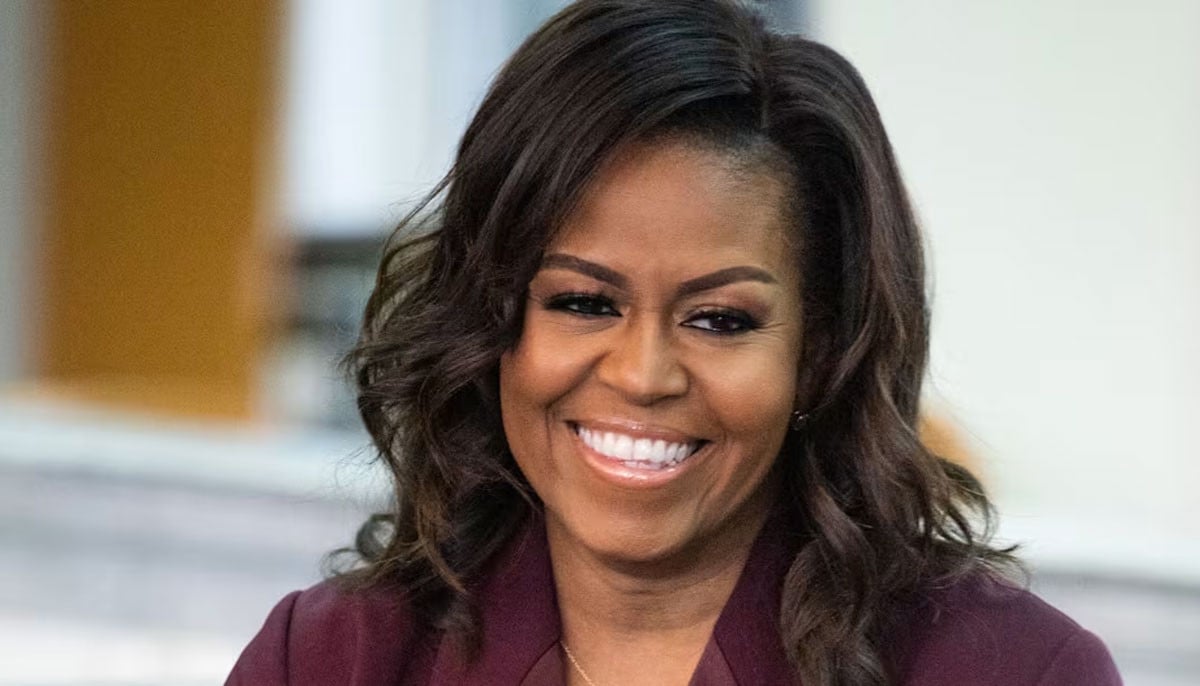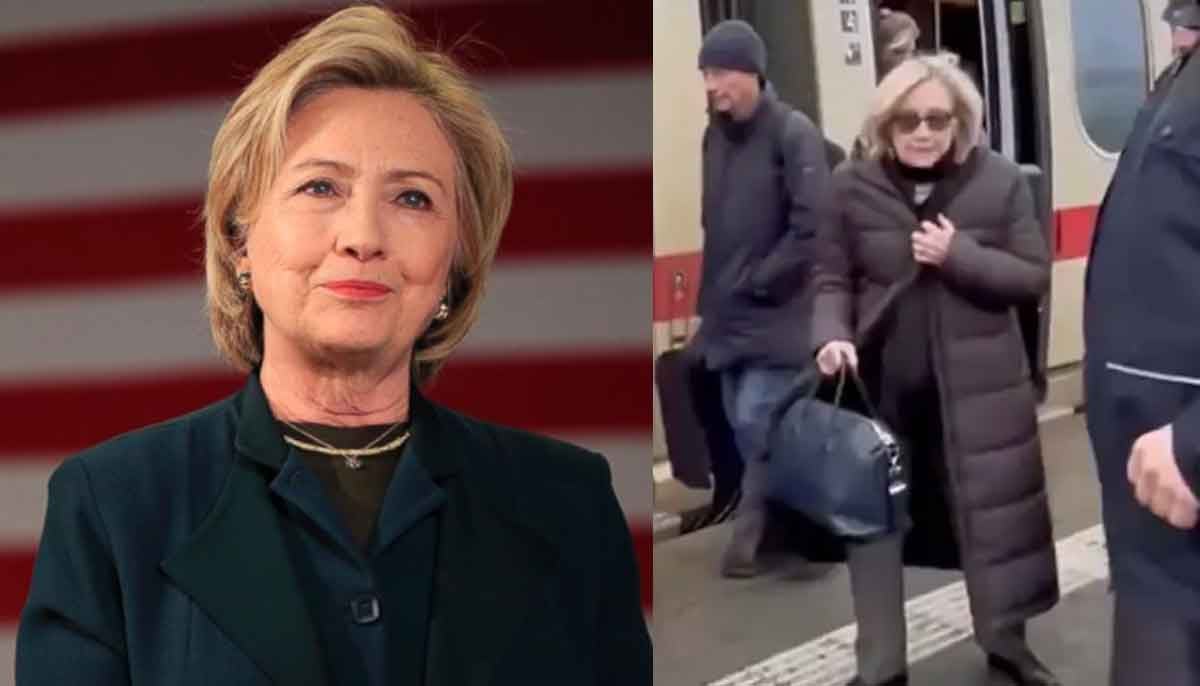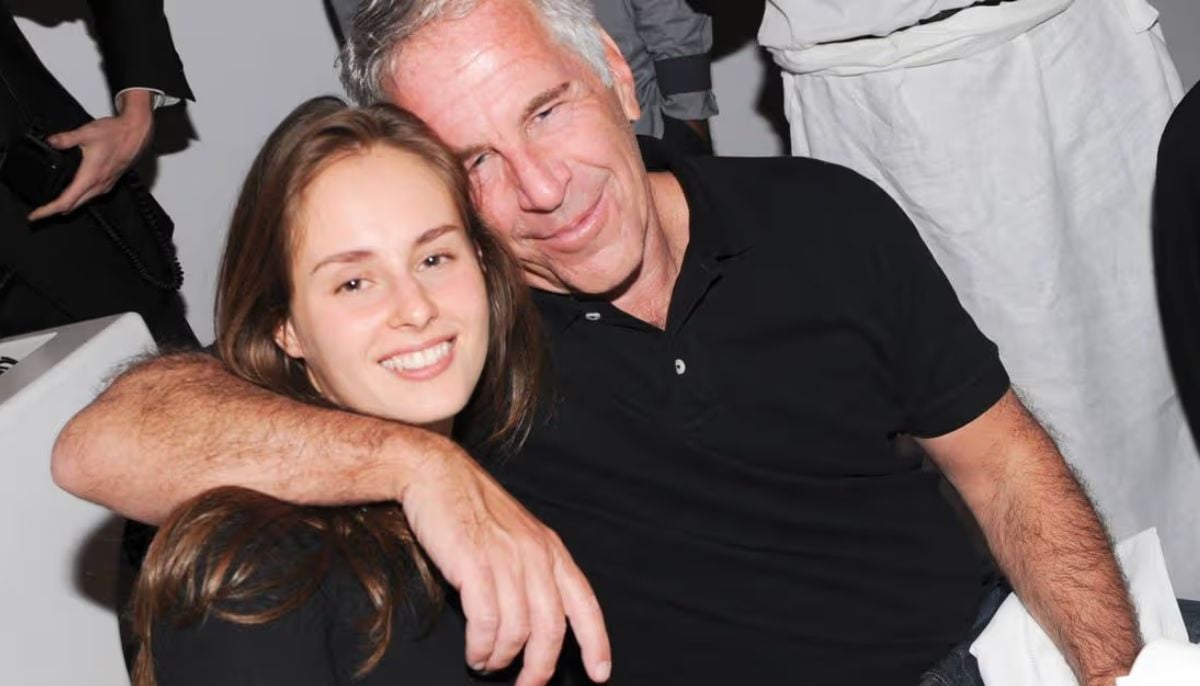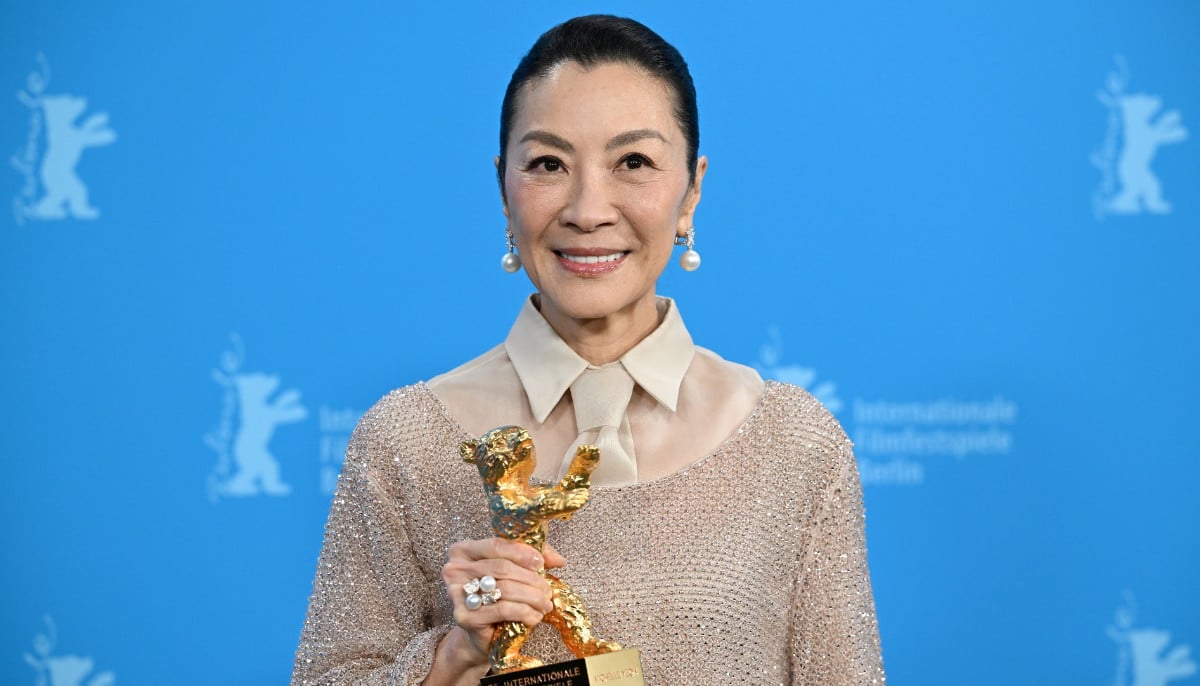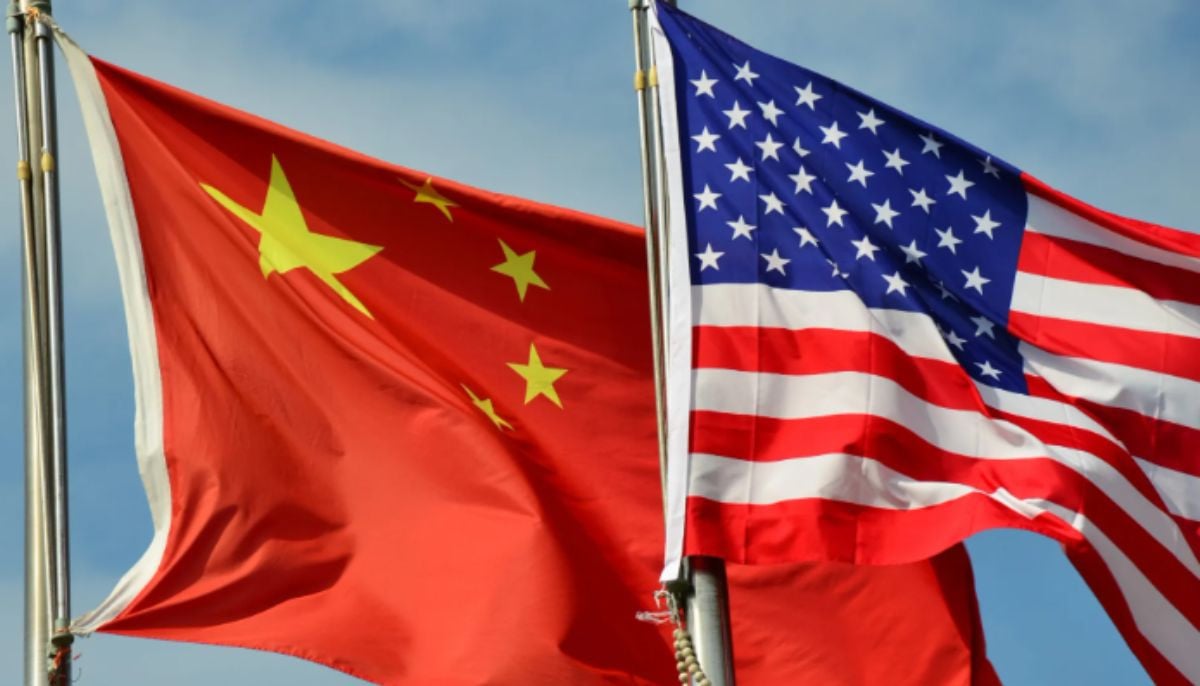Hong Kong to 'trawl world for talent' in reboot attempt
"Over the past two years, local workforce shrank by about 140,000," John Lee, a Beijing-anointed former security chief said
Hong Kong's leader unveiled plans to resuscitate the business hub's fortunes on Wednesday, hoping to lure back international expertise after an exodus of talent — but he vowed no let up in a political crackdown that has transformed the city.
John Lee, a Beijing-anointed former security chief, gave a debut policy speech that prioritised the revival of an economy mired in recession and maintaining security while recognising that tens of thousands of people had left a city that serves as a gateway to China and a regional business hub.
"Over the past two years, the local workforce shrank by about 140,000," he said. "Apart from actively nurturing and retaining local talent, the government will proactively trawl the world for talent."
The former British colony has lately undergone its most tumultuous period since its 1997 handover to China.
Huge and sometimes violent democracy protests three years ago were followed by a sweeping clampdown on dissent as well as some of the world's strictest coronavirus pandemic rules, many of which remained in place long after rivals reopened.
The city, which only scrapped mandatory quarantine for international arrivals last month, has seen its deficit soar while the border with the Chinese mainland remains all but closed because of Beijing's strict zero-COVID rules.
Talent office
Lee's speech offered his blueprint for reversing that downturn, including a new talent scouting office, a HK$30 billion ($3.8 billion) fund to attract overseas businesses and new rules to make it easier to hire foreigners in 13 key professions.
The city will give preferential treatment to "top talent", described as people who earn HK$2.5 million or more annually and graduates from the top 100 universities around the world who have relevant work experience.
Even with investor-friendly measures, rebooting Hong Kong will be tough.
Lee took office in July at a time of rising global interest rates, fears for China's zero-COVID economy, uncertainty sparked by Russia's Ukraine invasion and dents in Hong Kong's business-friendly reputation.
Hong Kong's stock exchange has lost more than a quarter of its value since the start of the year, one of the region´s worst performers. It was down 1.2% in Wednesday morning trade.
'Stability is the prerequisite'
After nearly three years, the city is gradually moving away from its version of China's zero-COVID policy, which failed to keep out the virus and has left the city internationally cut-off.
Authorities have axed the unpopular hotel quarantine for incoming travellers and loosened some social-distancing rules.
But the pace of reopening still lags regional rivals such as Singapore — which has gone on its own charm offensive to lure talent and has roared back as a global transport hub.
Lee stressed that the government would press ahead with further national security legislation and possible new rules on "false information".
"The development of Hong Kong allows no delay. Social stability is the prerequisite for our development, and we have to get rid of any interference," Lee said.
Many departing residents have cited the ongoing political crackdown as a primary reason for leaving.
Beijing imposed a sweeping national security law on Hong Kong in 2020 after democracy protests the year before, flipping the city´s once outspoken vibe and eradicating most dissent.
Most prominent local democracy activists either are in jail, are awaiting trial or have fled overseas while schools have been ordered to turn students into Chinese patriots.
Lee´s policy speech — which lasted two hours and 45 minutes — also included major infrastructure projects to boost the economy and plans to deliver more housing in a city with one of the world´s least affordable property markets, something successive Hong Kong administrations have failed to tackle.
-
Travis Kelce's mom Donna Kelce breaks silence on his retirement plans
-
Hailey Bieber reveals KEY to balancing motherhood with career
-
Hillary Clinton's Munich train video sparks conspiracy theories
-
Woman jailed over false 'crime in space' claim against NASA astronaut
-
Columbia university sacks staff over Epstein partner's ‘backdoor’ admission
-
Ohio daycare worker 'stole $150k in payroll scam', nearly bankrupting nursery
-
Michelle Yeoh gets honest about 'struggle' of Asian representation in Hollywood
-
US, China held anti-narcotics, intelligence meeting: State media reports
